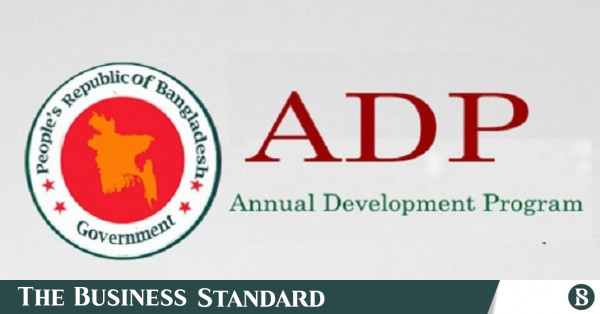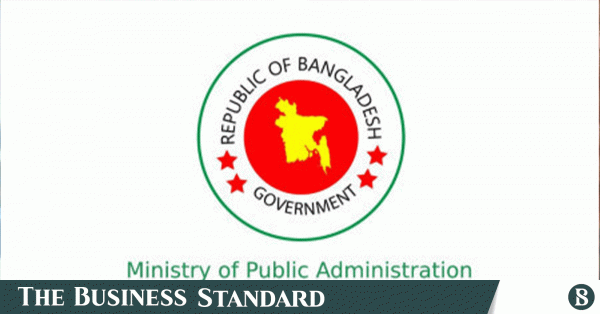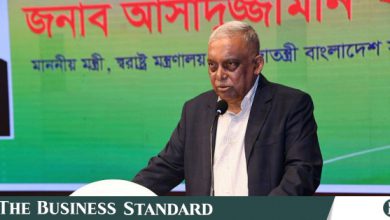ADP spending in FY24 plunges to four-year low


The ministries and departments of the government spent the lowest percentage of their allocated funds under the revised Annual Development Programme (ADP) in four years in the recently concluded fiscal 2023-24.
The revised ADP implementation rate in FY24 was 80.92% of the allocated funds, down from 85.17% a year ago, according to a report by the Implementation Monitoring and Evaluation Division (IMED) released on Tuesday (13 August).
In FY24, the allocation in the revised ADP, including self-financing by various agencies, was Tk2,54,391.64 crore. Of the amount, the government’s ministries and departments were able to spend Tk2,05,858.36 crore.
Abul Kashem Md Mohiuddin, secretary of the Implementation Monitoring and Evaluation Division, told TBS, “There were traditional issues like delays in land acquisition, delays in the procurement process, and a lack of capacity in project implementation. In addition to these, there were some new challenges this time.”
He said the value of the dollar increased in the last fiscal year, causing many contractors to not perform their work properly. Moreover, towards the end of the last fiscal year, sufficient funds were not released for some projects, Mohiuddin said. Due to these factors, the ADP implementation rate was lower in the past fiscal year, he said.
Mustafa Kamal Mujeri, executive director of the Institute for Inclusive Finance and Development, told TBS, “It is generally observed that ADP funds are hurriedly spent during the final quarter of the fiscal year (October-December). However, due to the financial situation, this was not possible in the last fiscal year. Additionally, there was instability in the country during the period.”
Wasteful expenditure on projects must be stopped, and projects must be implemented while maintaining quality
Salehuddin Ahmed, finance and planning adviser
He observed that there is a need to move away from the tendency of rushing to spend funds in ADP implementation. Emphasis should be placed on implementing the ADP while maintaining quality, he said. “Rushing to spend money often leads to wastage of public funds, and the intended goals of the projects are not achieved.”
Meanwhile, during a meeting with officials from the Planning Commission and IMED on Tuesday for the first time, finance and planning adviser Salehuddin Ahmed also emphasised the importance of quality ADP implementation. While talking to journalists after the meeting, he said wasteful expenditure on projects must be stopped, and projects must be implemented while maintaining quality.
The adviser mentioned that the implementation of the ADP cannot be accurately assessed based solely on financial figures. There should also be a measure of actual physical progress achieved.
In the ADP, funds are allocated from three different sources. In addition to the government’s treasury funds, loans and grants from development partners are also spent on development projects. Furthermore, there is some allocation from the funds of government agencies.
According to IMED data, the spending rate from both government funds and foreign loans and grants decreased in the last fiscal year. Of the allocated funds from the government treasury in the ADP, government agencies spent 76.87%, compared to 82.11% during the same period in FY23.
Besides, 86.19% of the allocated funds from foreign loans and grants were spent in FY24, down from 90.20% in the previous fiscal year.




